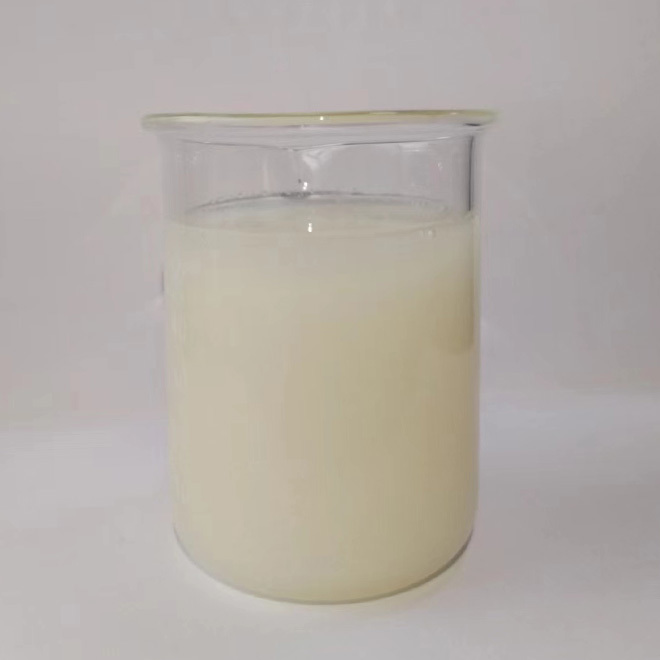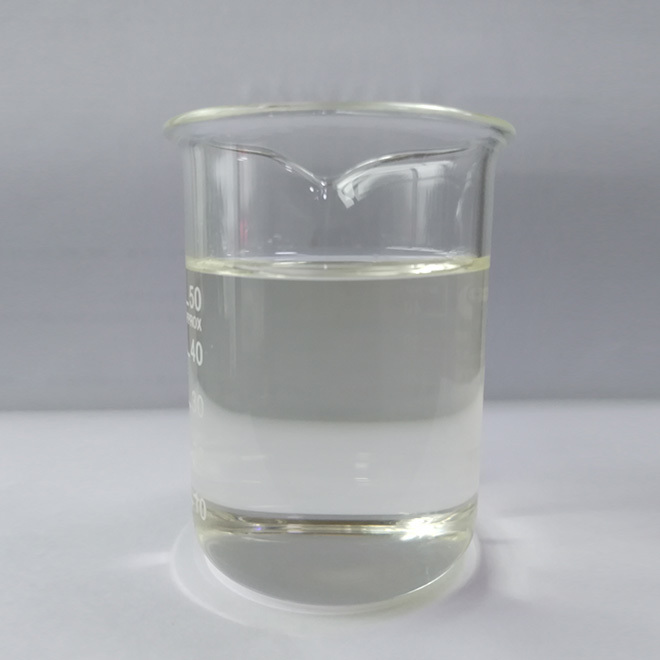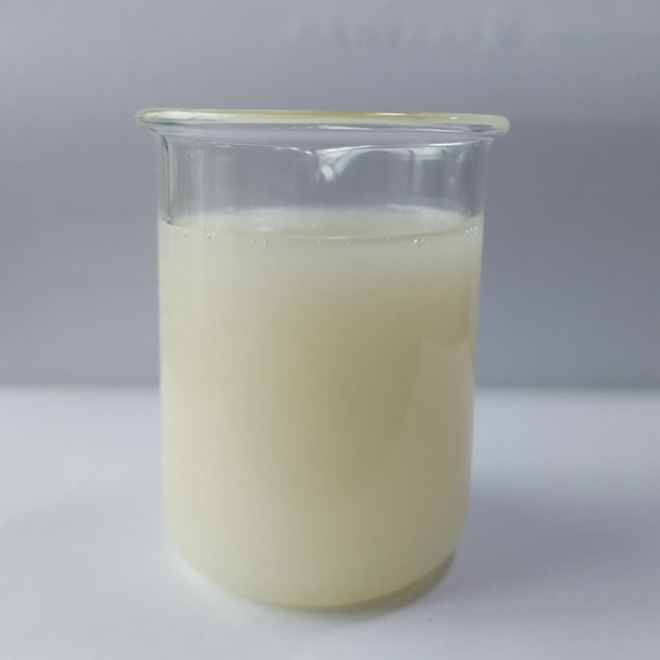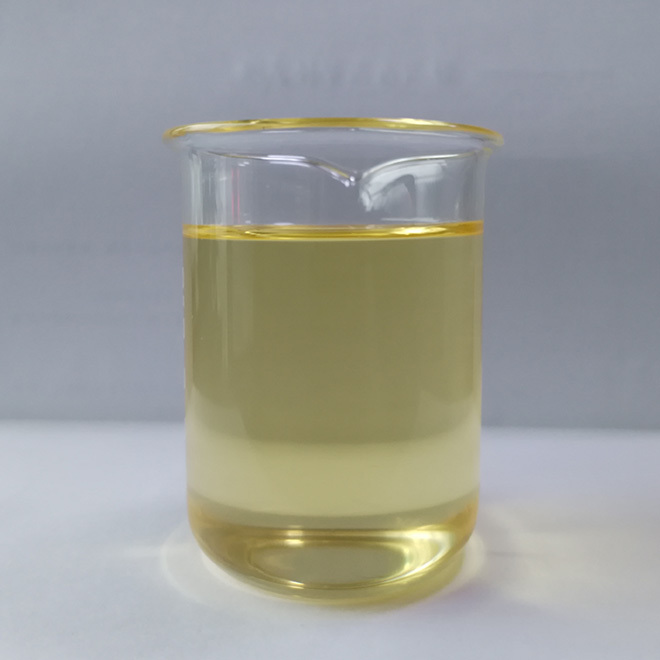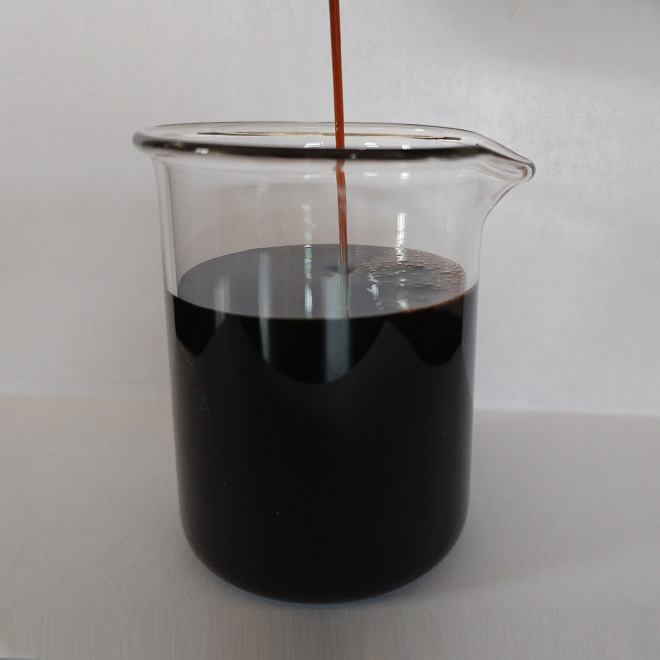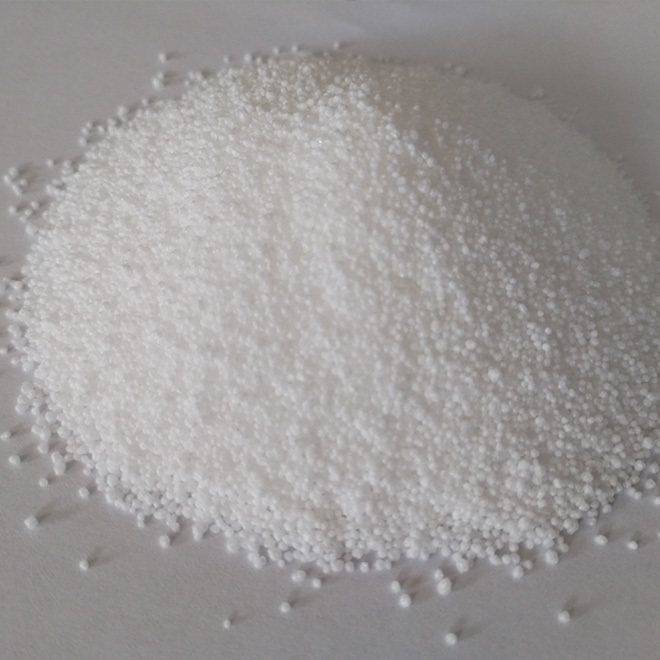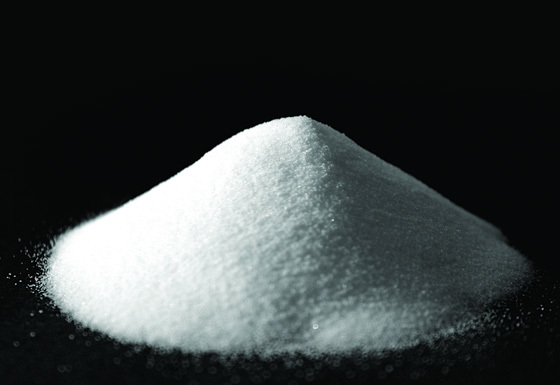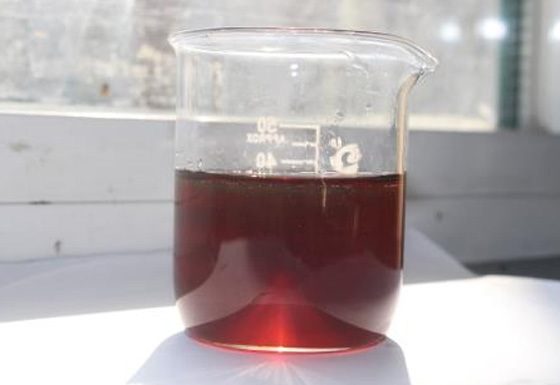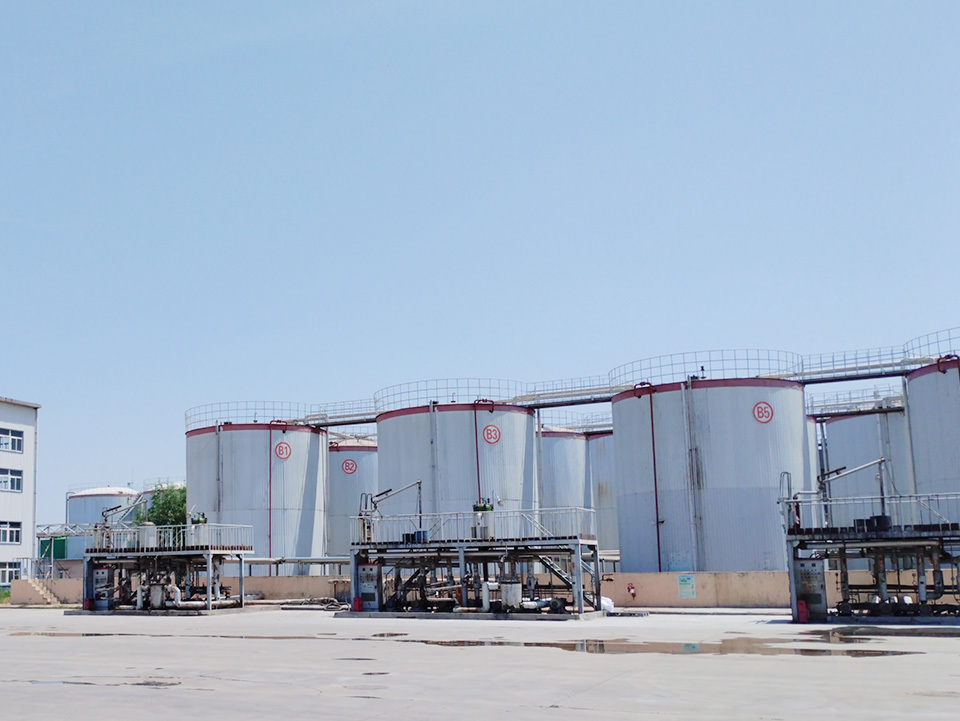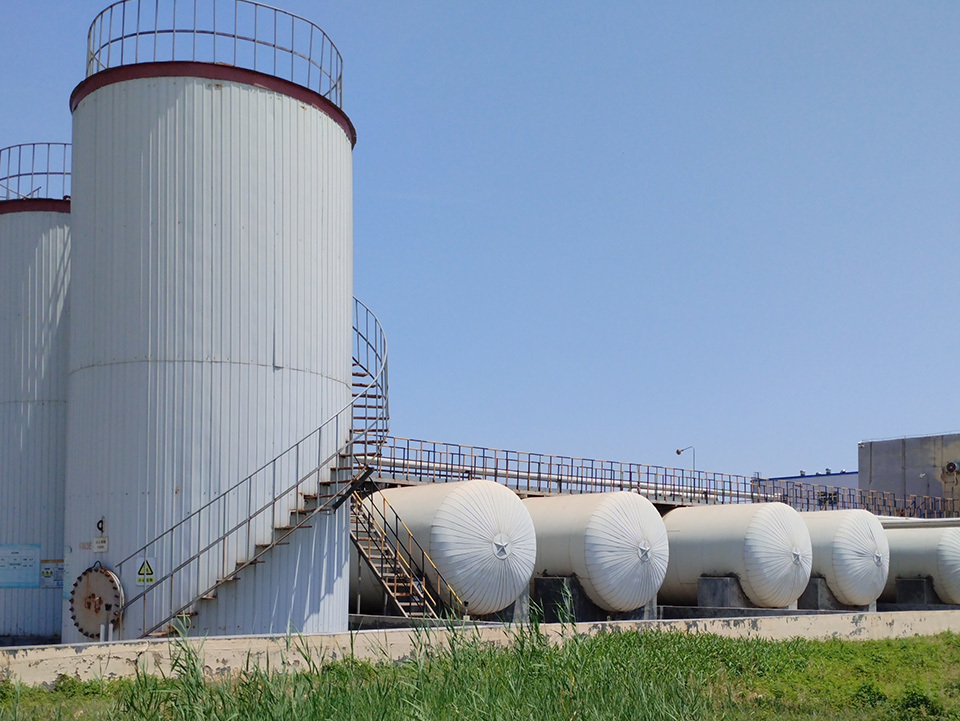vegetable bitumen
Key words:
This product is refined from animal and vegetable oils by hydrolysis and distillation. It is a white or light yellow solid, insoluble in water, soluble in hot ethanol, non-toxic and odorless, and has the general chemical properties of organic dicarboxylic acids.
Key words:
It is a light yellow transparent oily liquid at room temperature, with a melting point of 13.4℃ and a specific gravity of 0.8905. It is insoluble in water and soluble in organic solvents such as ethanol and gasoline. It is converted to stearic acid when hydrogenated. It has the general chemical properties of organic dicarboxylic acids and the chemical properties of unsaturated double bonds.
Key words:
Palmitic acid (palmitic acid), scientific name “hexadecanoic acid”, also known as palmitic acid, is a saturated higher fatty acid, colorless, odorless waxy solid, widely present in nature, almost all oils and fats contain varying amounts of soft fatty acid components.
Key words:
It is a light yellow transparent oily liquid at room temperature, with a melting point of 13.4℃ and a specific gravity of 0.8905. It is insoluble in water and soluble in organic solvents such as ethanol and gasoline. It is converted to stearic acid when hydrogenated. It has the general chemical properties of organic dicarboxylic acids and the chemical properties of unsaturated double bonds.
Key words:
It can be used as cheap industrial raw materials such as surfactants and antifreeze agents.Polyglycerol has been widely used as a surfactant in the cement additives industry for a long time, which can significantly improve the fineness, strength, and frost resistance of cement, and has a significant effect on grinding and strengthening.It can partially replace organic ingredients such as triethanolamine.
Key words:
This product is a saturated fatty acid mainly composed of C16 and C18. It is a white flaky solid at room temperature. It is insoluble in water, slightly soluble in benzene and carbon disulfide, soluble in hot ethanol, non-toxic and odorless, and has the general chemical properties of organic dicarboxylic acids.
Key words:
How to apply oleic acid rationally?What are the main roles of oleic acid in life?
Because of its mutual characteristics, oleic acid has been promoted and applied in people's daily lives. Below, everyone shares the main uses of oleic acid in everyone's daily lives.
Key words:
Sodium m-aminobenzenesulfonate transportation vehicles should choose the corresponding types and quantities of fire-fighting equipment and spill emergency treatment machinery and equipment in the transportation link.
Key words:
How is glycerin made?How to purify?
Pure glycerin is a foamy liquid with no color and sweet taste. Glycerin is a ternary alcohol with the general physical properties of ternary alcohol compounds. It can participate in many chemical changes and be converted into various compounds.
Key words:
Overview and application areas of glycerin
Glycerin, also known as glycerol, is a colorless, odorless, viscous liquid that is widely used in various industries due to its versatile properties. It is a natural substance that can be derived from animal fats, vegetable oils, or synthetic processes. Glycerin has many applications across different industries, including pharmaceuticals, cosmetics, food and beverage, and personal care products.
Key words:
What are the development prospects of the chemical industry?
The chemical industry is a vital sector of the global economy, providing essential products and raw materials for a wide range of industries such as healthcare, agriculture, construction, and manufacturing. Despite facing challenges such as fluctuating raw material costs, stringent regulations, and increasing competition, the chemical industry continues to show significant growth potential.
Key words:
What qualifications do manufacturers of animal/vegetable acids need to have?
Manufacturers of animal/vegetable acids must have a strong background in chemistry, biochemistry, or related fields. They should have a deep understanding of the properties and characteristics of various acids, as well as the processes involved in their production.
Key words:
Do not know how to choose the most suitable for their own?
Let us assist you!
Our experts will contact you within 6 hours to meet your more needs.
Products
News

